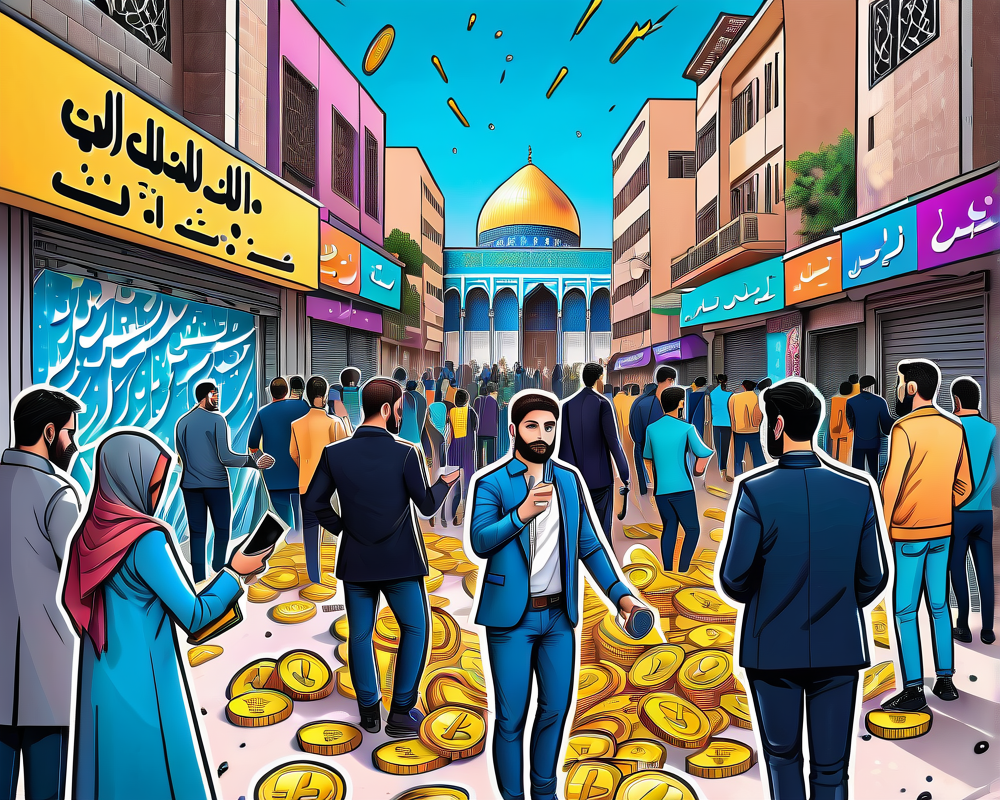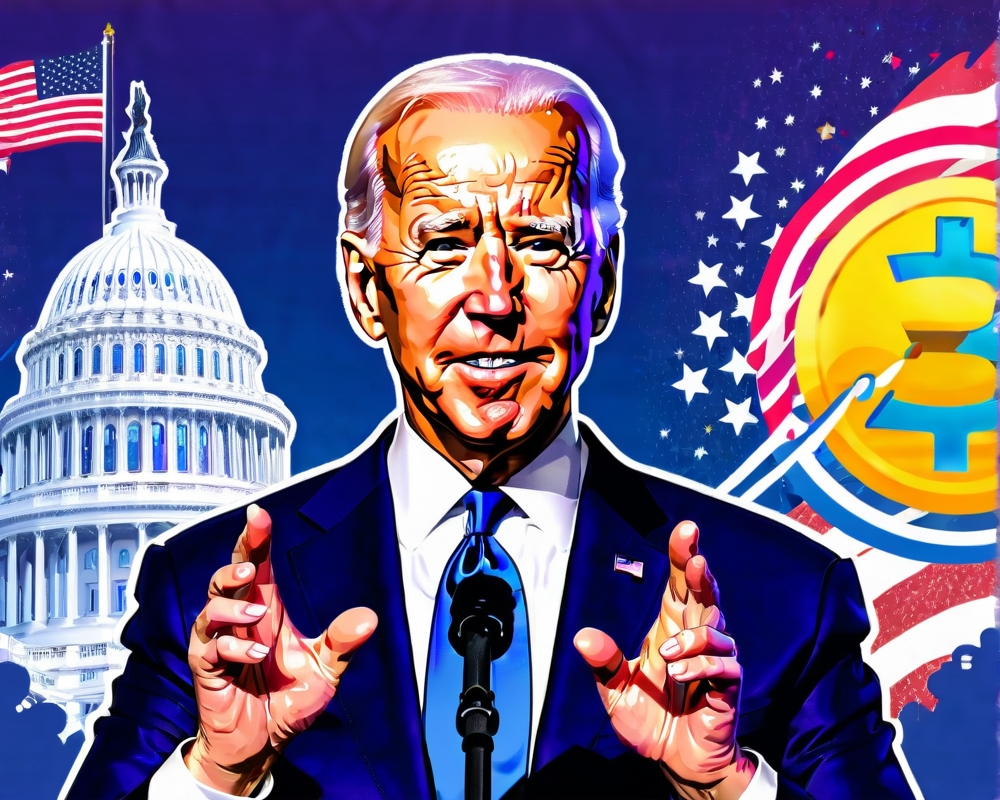Telegram’s Growing Influence and Iran’s Response
The encrypted messaging app Telegram has been a proverbial thorn in the side of the Iranian government, especially due to its push into the cryptocurrency space. In a recent declaration, Javad Javidnia, Secretary of the Criminal Content Definition Task Force, warned that collaborating with Telegram to launch its Gram token would be deemed a serious threat to national security. This assertion sparked a fresh wave of scrutiny on the app’s operations within the country.
The Ban That Started It All
It all started back in April when supreme leader Ayatollah Ali Khamenei made a bold move by announcing that government agencies would no longer utilize Telegram. Not long after, the judiciary quickly followed suit, imposing a complete ban on the app. The backdrop? A national uproar during widespread protests, leading to former efforts to “maintain peace” through shutdowns that also included Instagram.
Economic Threats: The Real Motivation?
Javidnia’s statements shed light on the Iranian government’s perspective, indicating that the initial coin offering (ICO) by Telegram was seen as a direct threat to the nation’s economy. It seems that what really troubled the officials was the app’s potential to undermine the Iranian currency. They argued that Telegram’s actions could lead to a *completely uncontrolled financial system*—and let’s be honest, that’s not what anyone wants, especially when every tens of thousands of tomans count.
Concerned Officials Speak Out
Officials like Hassan Firouzabadi, Secretary of the High Council of Cyberspace, were quick to label Telegram as an ‘enemy of the private sector’ for its unwillingness to establish a local office or cooperate with Iran’s businesses. With the stakes this high, it’s no wonder that Telegram’s ICO has raised eyebrows (and ire) across the government.
The Bigger Picture: Global Reactions
This isn’t just a local issue, either. Telegram’s ICO has been scrutinized on a global scale, leading to a full ban in Russia as well. After raising almost $1.7 billion in funding earlier this year, Telegram contributes significantly to the crypto conversation. The question remains: How will these bans shape the future of cryptocurrency in restrictive regimes?
Final Thoughts
As the Iranian government grapples with digital innovation and its corresponding economic impact, Telegram’s endeavor underlines the delicate balance between technology and control. The future of the Gram token remains uncertain, but one thing is clear: the stakes are incredibly high in this geopolitical game. In the meantime, Telegram users and investors alike have to keep an eye on the political chessboard to anticipate the next best move.




